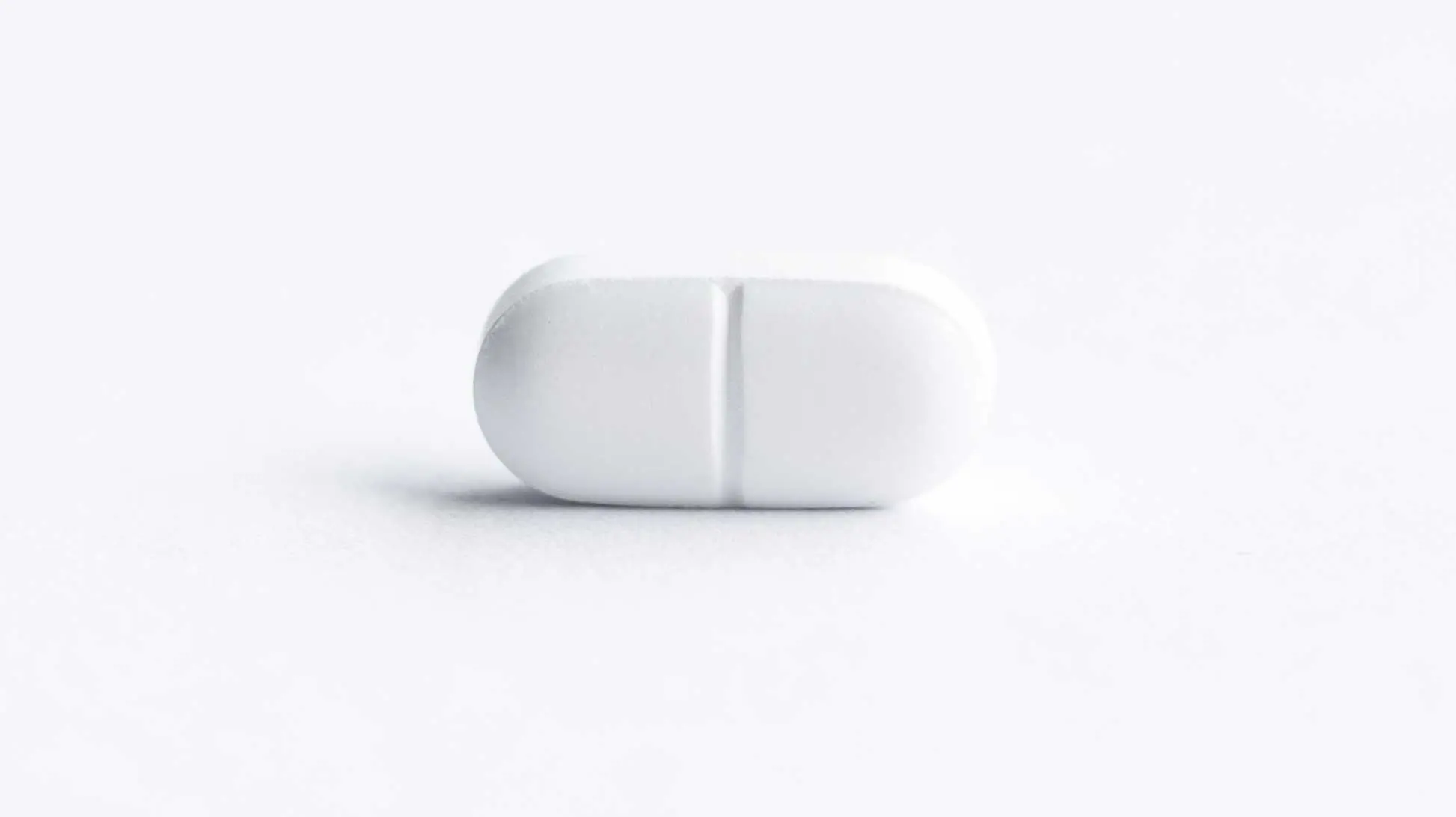
Commonly abused for their depressant effects and euphoric dopamine release, opioids can have very dangerous short-term effects that include heart attack, stroke, and death.
When a person takes opioids, their effects on the central nervous system will be influenced by the type of opioid taken and the method used to ingest the drug.
Some common opioids that are abused include prescription drugs such as OxyContin (oxycodone) and illegally produced drugs such as heroin.
Short-Term Physical Effects Of Opioid Abuse
When a person takes an opioid, it affects their central nervous system and can cause pleasurable feelings from the release of dopamine.
Immediate effects include:
- low blood pressure
- low respiration rate
- decreased heart rate
Some instant physical responses that occur because of these depressed systems include:
- pinpoint pupils
- mental fog
- nausea
- dry mouth
- warm flushing of the skin
- reduced pain
- constipation
- severe itching
- heavy feeling in the arms and legs
Methods Of Opioid Intake: How Different Methods Impact Side Effects
People can take opioids in a variety of ways, each of which also carries short-term side physical side effects.
Different routes of administration for opioid drug abuse and their associated effects include:
- injection (opioid takes effect in <10 seconds)
- track marks
- bruising
- collapsed veins
- smoking (opioid takes effect in <10 seconds)
- respiratory distress
- burned lips
- cough
- snorting (opioid takes effect in <30 seconds)
- nose bleeds
- runny nose
- sniffling
- damaged nasal tissues
- oral ingestion (opioid takes effect in <20 minutes)
- plugging/rectal intake (5-20 minutes)
- diarrhea
- bloody stool
Short-Term Effects Of Opioid Abuse On The Brain
Opioids bind to mu-opioid receptors in the brain, which impact mood, coordination, feeling pain, and hormone release.
Opioids trigger the release of dopamine, which gives a feeling of pleasure in the brain as a similar reward mechanism to eating good food or having sex.
A person that takes opioid drugs will immediately feel:
- drowsiness
- positive feelings
- mental fog
- eased anxiety
Short-Term Effects Of Opioids May Include Overdose Risk
When a person cannot process the amount of opioid they ingested, an overdose can happen. Overdoses can happen when a person snorts or injects a drug for the first time, or takes a larger quantity or stronger opioid than usual (like fentanyl).
An overdose can also happen when other substances are mixed with opioids. Overdose symptoms can occur within minutes of ingestion but can be reversed with the timely administration of naloxone.
Signs of an opioid overdose include:
- loss of consciousness
- muscle spasms
- slowed breathing
- blue fingernails/lips
- gurgling irregular breathing
- unresponsive pupils
- slowed heart rate
Getting Treatment For Opioid Abuse And Addiction
Opioid treatment is a long-term process that begins with a medically supervised detox typically performed at an inpatient treatment facility.
Some drug rehab facilities will incorporate medications like naltrexone (Vivitrol), methadone, and buprenorphine (Suboxone) to help ease withdrawal symptoms. Sometimes, antianxiety drugs including benzodiazepines will be used to ease accompanying anxiety.
In both inpatient and outpatient rehab facilities, behavioral therapy provides patients with a new understanding of their relationship to addiction and how to live without substance use.
If you or a loved one has an opioid addiction, call our helpline today. One of our treatment specialists can provide the best resources for your needs. We’re here to help — it’s never too late to get started.
Addiction Resource aims to provide only the most current, accurate information in regards to addiction and addiction treatment, which means we only reference the most credible sources available.
These include peer-reviewed journals, government entities and academic institutions, and leaders in addiction healthcare and advocacy. Learn more about how we safeguard our content by viewing our editorial policy.
- Addiction Science & Clinical Practice — Neurobiology of Opioid Dependence: Implications for Treatment
https://www.ncbi.nlm.nih.gov/pmc/articles/PMC2851054/ - Centers for Disease Control and Prevention — Opioid Overdose
https://www.cdc.gov/drugoverdose/index.html - U.S. National Library of Medicine: MedlinePlus — Opioid Addiction
https://medlineplus.gov/genetics/condition/opioid-addiction/#causes - U.S. National Institute on Drug Abuse (NIDA) — Drug Facts: Prescription Opioids
https://www.drugabuse.gov/publications/drugfacts/prescription-opioids - U.S. National Institute on Drug Abuse (NIDA) — Heroin Research Report
https://www.drugabuse.gov/sites/default/files/drugfacts-prescriptionopioids.pdf - U.S. National Institute on Drug Abuse (NIDA) — Opioids
https://www.drugabuse.gov/drug-topics/opioids


